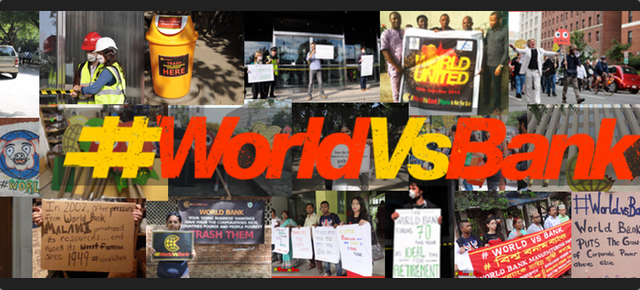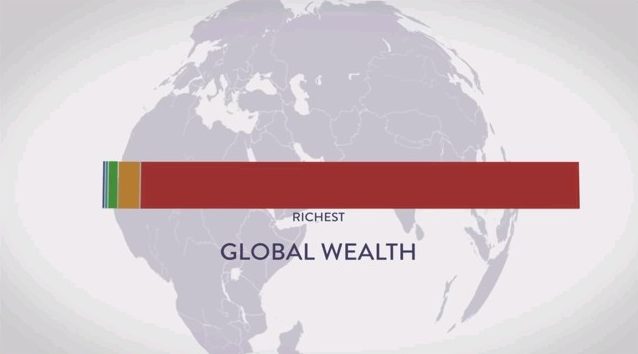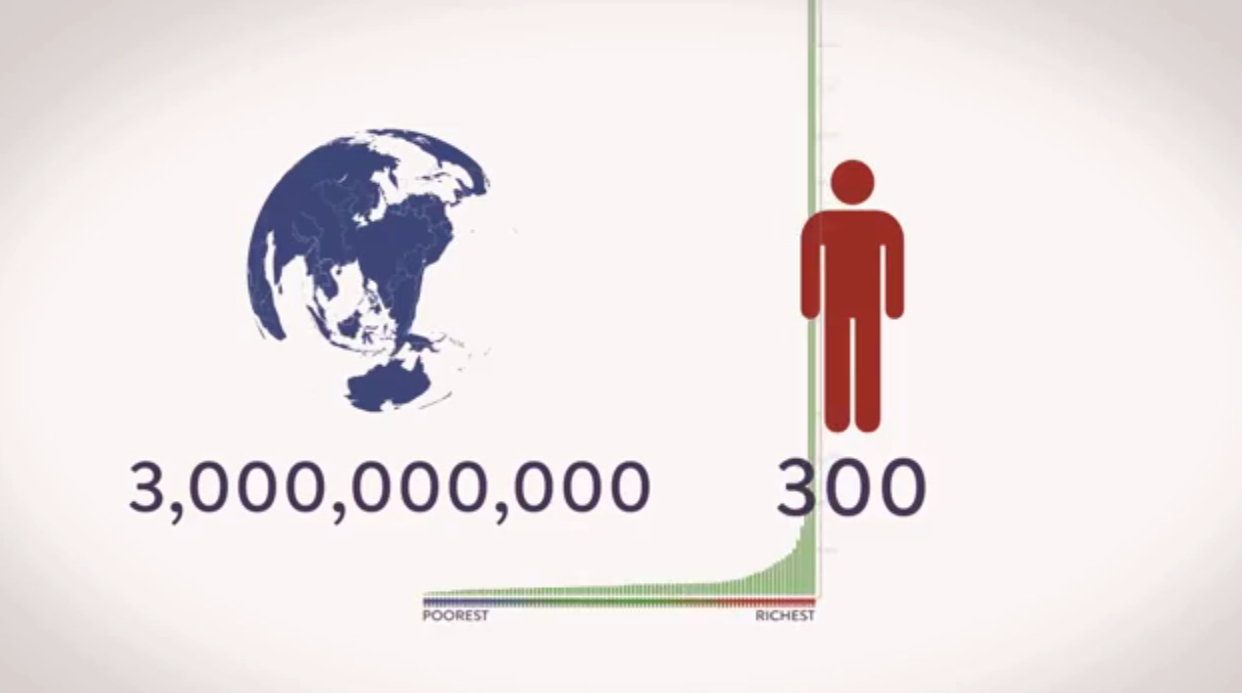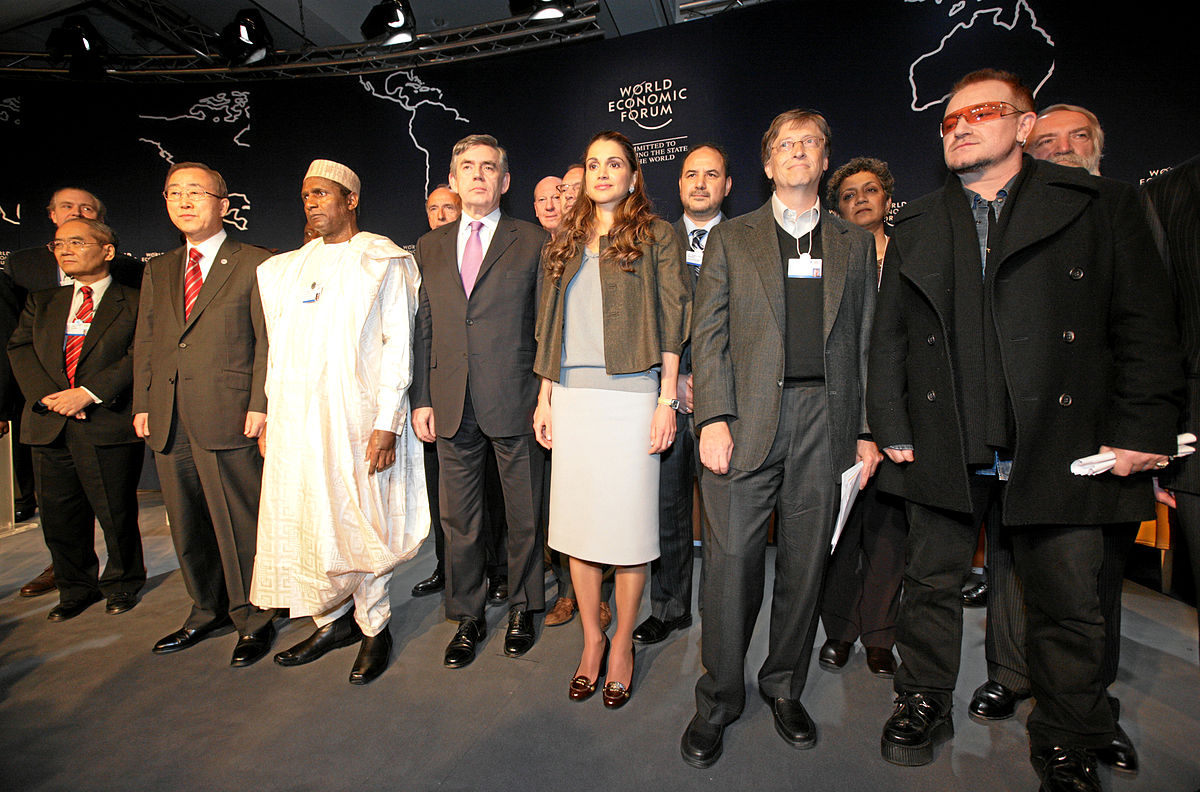 The Beat Making Lab are Stephen Levitin aka Apple Juice Kid and Pierce Freelon.
The Beat Making Lab are Stephen Levitin aka Apple Juice Kid and Pierce Freelon.
Stephen Levitin aka Apple Juice Kid is a producer, DJ and drummer. He is an eight-time beat battle champion who has produced singles for Mos Def, Camp Lo, Wale and MC Lyte.
Sponsored by the music software companies Ableton and Reason, he has been a guest DJ on Mark Ronson’s East Village Radio, performed as a drummer with The Foreign Exchange and The Jungle Brothers and been profiled on sites such as Nahright, NME and Pitchfork. Levitin co-founded Beat Making Lab at UNC-Chapel Hill in 2011.
Pierce Freelon is a musician, professor, and artivist with a passion for creativity and community. He has taught music, African studies, and political science at the University of North Carolina at Chapel Hill and North Carolina Central University.
Front man of the genre-bending The Beast, he has been hailed as a “natural, engaging blend of jazz and hip hop,” by Jazz Times Magazine. An international ambassador of music-based community initiatives, Freelon worked with the Thelonious Monk Institute of Jazz to bring Bebop to Hip Hop to youth, from Los Angeles to New Delhi; and worked in his native North Carolina on youth-based hip hop and spoken word programs for over a decade before co-founding Beat Making Lab with Apple Juice Kid.
Beat Making Lab started as an innovative course on music production and entrepreneurship taught in the Music Department at the University of North Carolina at Chapel Hill, founded by producer/DJ Stephen Levitin (aka Apple Juice Kid) and Dr. Mark Katz (author of Groove Music: The Art and Culture of the Hip Hop DJ) in 2011.
Professor/emcee Pierce Freelon joined Apple Juice Kid to co- teach the popular class in 2012, and was instrumental in transforming the curriculum for implementation in a community setting. Together, Freelon and Apple Juice Kid formed ARTVSM LLC, and initiated a grassroots campaign to crowd-source the funds to donate training and equipment to Yole!Africa. Their efforts culminated in a collaboration with PBS Digital Studios, which has aired weekly webisodes documenting Beat Making Labs in the Democratic Republic of Congo, Panama, Senegal, Fiji and Ethiopia.
Beat Making Lab collaborates with cultural centers, connects youth to a global audience, and contributes equipment and training.
Collaborate
Beat Making Lab’s work relies on collaboration with grassroots community organizations/centers. BML contributes beat making equipment and training; the community centers use it to organize youth, strengthen solidarity, amplify voice and build community.
Connect
PBS Digital Studios has partnered with Beat Making Lab to connect our beat makers to a global audience through weekly webisodes. Meet our young musicians and watch as they learn to make beats!
Contribute
Beat Making Lab does not require students to be able to read standard music notation, or play a traditional instrument. The participants learn the techniques of beat making through composition, sampling, and songwriting on the most powerful instrument of the 21st century: a laptop. The results are computer-based electronic dance music and hip-hop songs. This approach and pedagogy radically broadens the population that can be served through modern music education. The equipment and training are contributed at no cost to students with the goal of using these tools to empower communities.
The BML curriculum will cover practical beat making, history and culture, and entrepreneurship. Students will learn how to use the music editing and composition softwares Reason and Audacity.









Leave a Comment